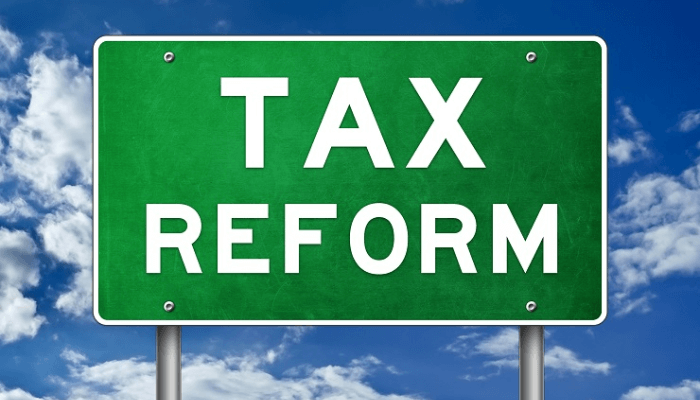Nigeria stands at the threshold of a transformative shift in its tax system through the four tax reform bills proposed by President Bola Tinubu.
The proposal has, however,, faced criticism.
Highlighted below are five key takeaways from the tax reform bills:
Revised VAT sharing formula
The Tax Administration Bill proposes a new Value Added Tax (VAT) sharing formula. The federal government’s share decreases from 15% to 10%, while states and local governments will receive 55% and 35%, respectively. Additionally, the derivation allocation increases from 20% to 60% for subnational governments. This change incentivizes states to boost economic productivity while addressing equity in revenue distribution.
Exemptions on essential goods and services
A provision in the reform exempts essential goods and services, including food, healthcare, education, rent, and public transportation, from VAT. This move seeks to alleviate the tax burden on low-income households, enhancing public welfare and increasing purchasing power. It also promotes Nigeria’s trade competitiveness by applying zero VAT to exports of goods, services, and intellectual property.
- Advertisement -
Relief for Low-Income Earners
The Nigeria Tax Bill proposes outright personal income tax exemptions for employees earning up to ₦800,000 annually. This provision benefits minimum wage earners and low-income households, reducing their financial burden. Over 90% of workers across sectors are expected to see a decreased tax load.
Support for Small Businesses
The bills increase the tax exemption threshold for businesses from an annual turnover of ₦25 million to ₦50 million and extend exemptions to entities with total assets of up to ₦250 million. MSMEs contribute 48% to GDP and 87% to employment; this initiative will, therefore, foster entrepreneurship and economic growth.
Mitigation of Multiple Taxation
The Tax Reform Bills address longstanding concerns about multiple taxation. Corporate income tax rates will gradually reduce from 30% to 25% by 2026, with a streamlined development levy replacing various sector-specific taxes.
These measures will enhance the ease of doing business and support corporate investment.










